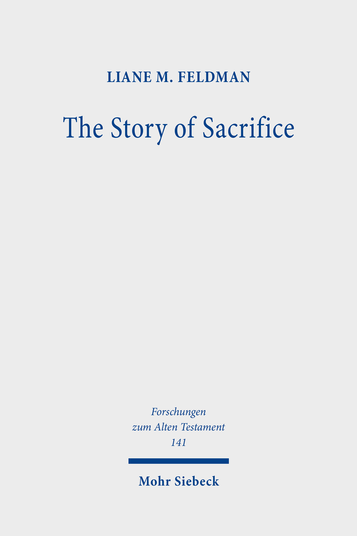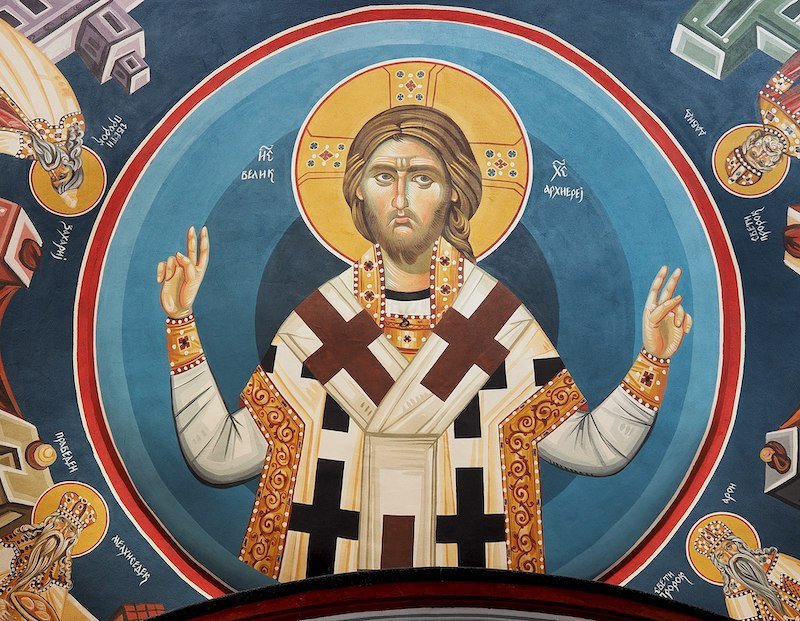“Borrowing a concept already used in other areas of religious studies, one could speak here of a process of “priestification,” in which the priestly revisions of the Pentateuch—and possibly of other collections of scriptures as well—somehow go hand in hand with a conception conferring increased agency to the priests.”
Read MoreA Pair of Pyromaniacs
“I would thus conclude that the supplemented version of Lev 10 is “theocratic” in the same way as the basic layer might be called “theocratic”: The text strengthens the priestly family’s important role in Israel’s daily life and in keeping Israel’s relationship with their God in good order.”
Read MoreAdaptation to the Story World: a Response to Nathan MacDonald
“The procedure for sacrificing the calf ends up looking like a hybrid form not because this text was written by a later author who doesn’t understand the details of the priestly sacrificial system, but rather because Aaron was forced to adapt and innovate due to circumstances in the story world.”
Read MoreError and Response in Leviticus 10
“There are two intractable problems. First, what precisely was the error in vv. 1–2 that led to Nadav and Avihu being consumed by divine fire?… Secondly, why does Aaron’s enigmatic response in v. 19 mollify Moses and allow an irregular practice to be permitted?”
Read MoreLeviticus 10: an SBL 2021 Panel
AJR is pleased to host a series of articles from the SBL 2021 Pentateuch program unit’s panel responding to Leviticus 10.
Read MoreMethod, Ethics, and Historiography: A Tracing Christians in Global Late Antiquity Forum
AJR is pleased to host a series of articles on method, ethics, and historiography in the study of late antique Christianity.
Read MoreAJR Conversations I Profaning Paul
“I would like to see nondisciplinary conversations about Paul’s archive, how his writings and themes moved through western history and how that movement involved configurations and operations with other texts, institutions, and politics.”
Read MoreBook Note | The Finger of the Scribe: How Scribes Learned to Write the Bible
“his holistic treatment of the inscriptions from Kuntillet ‘Ajrud as a set of scribal exercises that bespeaks the curricular categories known from cuneiform scribal education provides a novel empirical framework that clarifies the impact of the Mesopotamian scribal infrastructure on the early Israelite school curriculum.”
Read MoreForum | Method, Ethics, and Historiography: Late Antiquity, Reckoning
Could we step back for a moment from the work that we do that so captures our attention, to think about not just the state of the field as we usually discuss and debate, but also about its very relevance?
Read MoreForum | Method, Ethics, and Historiography: The Shift of Interpretative Allegiance
One strategy of decolonializing the mind is to shift our interpretative allegiance from the dominant voice (the voice of the author, the master) to the subaltern voices.
Read MoreForum | Method, Ethics, and Historiography: Tracing a Global Late Antiquity from and beyond Christianity
We spend a lot of time speaking about what we study and how. When putting together the recent conference on “Tracing Christians in Global Late Antiquity,” the organizers wisely decided to open with a panel discussion on method, ethics, and historiography—a topic that opens a space for addressing what we talk about too little, namely, who.
Read MoreForum | Method, Ethics, and Historiography : A Late Ancient Caribbean in the Temporalities of Empire
To say the least, these Caribbean versions of Constantine and Justinian turned Puerto Rico into one of the outermost and unlikeliest of territories of a Transatlantic Roman Empire, an eruption of late antiquity into the so-called American Century.
Read MoreForum | Method, Ethics, and Historiography : Opening Remarks
One of the big challenges is both working against the ideological bent of our written sources and working against this huge body of scholarship with its sexist, Eurocentric ideas about what constitutes knowledge in the teleological march toward Western Civilization.
Read MoreForum | Method, Ethics, and Historiography : Tracing Christians in Global Late Antiquity Roundtable
Ancient Jew Review is pleased to feature the remarks from the opening roundtable, “Method, Ethics, and Historiography in the Study of Late Antique Christianity.”
Read MoreBook Note | Land and Temple: Field Sacralization and the Agrarian Priesthood of Second Temple Judaism
While studies of the economy in Palestine during Tannaitic and Amoraic periods have a great quantity of textual evidence to draw upon, including but not limited to rabbinic sources, there is much less material available from the Second Temple period available for such an analysis. As such, Gordon’s work attempts to examine a wide range of both textual and archaeological evidence in order to flesh out our knowledge of the Jerusalem Temple economy.
Read MoreReview | The History of the Church: A New Translation
Schott’s translation requires dedication on the part of the reader who may need to use the glossary, but also renders the Greek language and rhetorical techniques Eusebius employs more visible.
Read MoreSharing Work, Requesting Feedback, and Offering Critique: A Modest Proposal
If we are to individually tailor our responses, how can we figure out what sort of feedback someone is seeking?
Read MoreBook Note | The Story of Sacrifice
In The Story of Sacrifice, Liane M. Feldman offers an innovative reading of the pentateuchal Priestly source, taking on two of the most entrenched dichotomies in biblical studies: (1) ritual vs. narrative and (2) literature vs. history.
Read MoreThe Ascension of Isaiah: Some Thoughts
Christ Pantokrator, Fresco from the Nativity of the Theotokos Church in Bitola, Macedonia (image courtesy of Wikimedia Commons).
Christ Pantokrator, Fresco from the Nativity of the Theotokos Church in Bitola, Macedonia (image courtesy of Wikimedia Commons).
Leaving behind the old redactional-stages approach (that has tempted many scholars through today), we are really forced to think about what “Jewish” and “Christian” should mean as identity or boundary-categories in the world of this text. Clearly it is too simplistic to lop off the Ascension section as “Christian” and call the Martyrdom section “Jewish,” since the Ascension participates in innumerable ways in a Jewish apocalyptic ascent framework, while the Martyrdom section is deeply enmeshed with the Ascension.
Read MoreSpecial Delivery: The Hidden Birth of Jesus in the Ascension of Isaiah 11
The emphasis on the abnormal aspects of Mary’s childbearing prompts reflection on whether the text conveys a real birth of a real man, or an appearance which circumvents the usual modes of human entry and human being in the world.
Read More






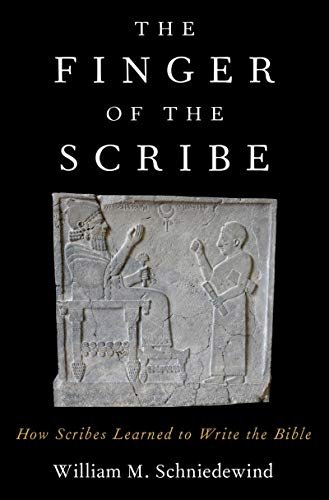
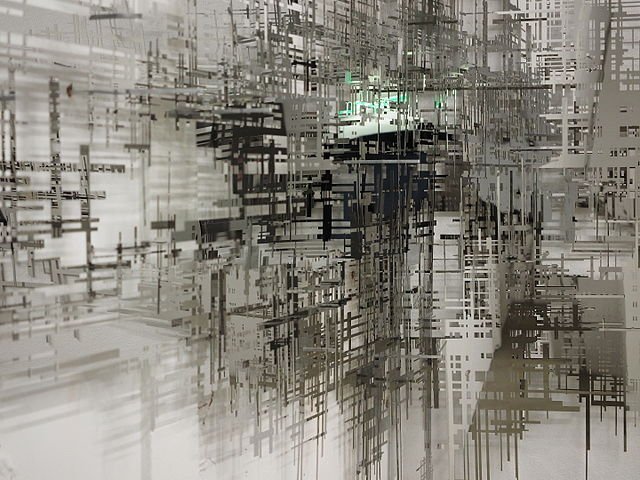




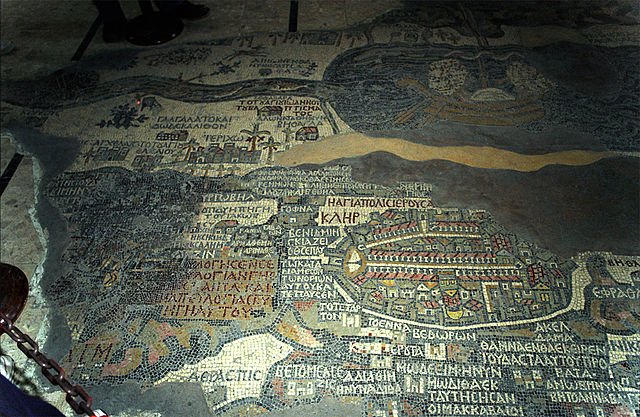

![Lucio Fontana, Madonna (1956) [Image courtesy of Flickr]](https://images.squarespace-cdn.com/content/v1/5449167fe4b078c86b41f810/1622988343090-4AM7PUQWZC81Y45Z8TT0/17329001992_c0c2f0cdba_c.jpg)

